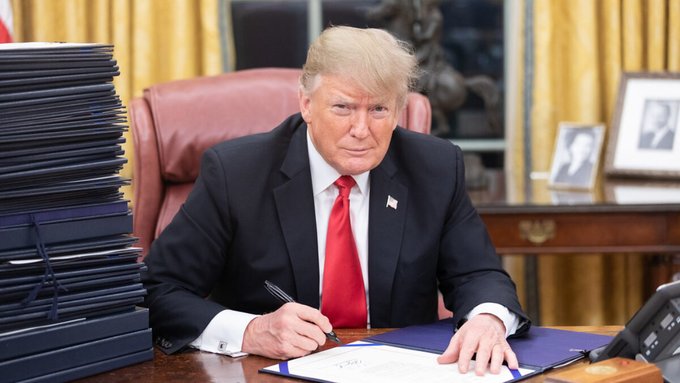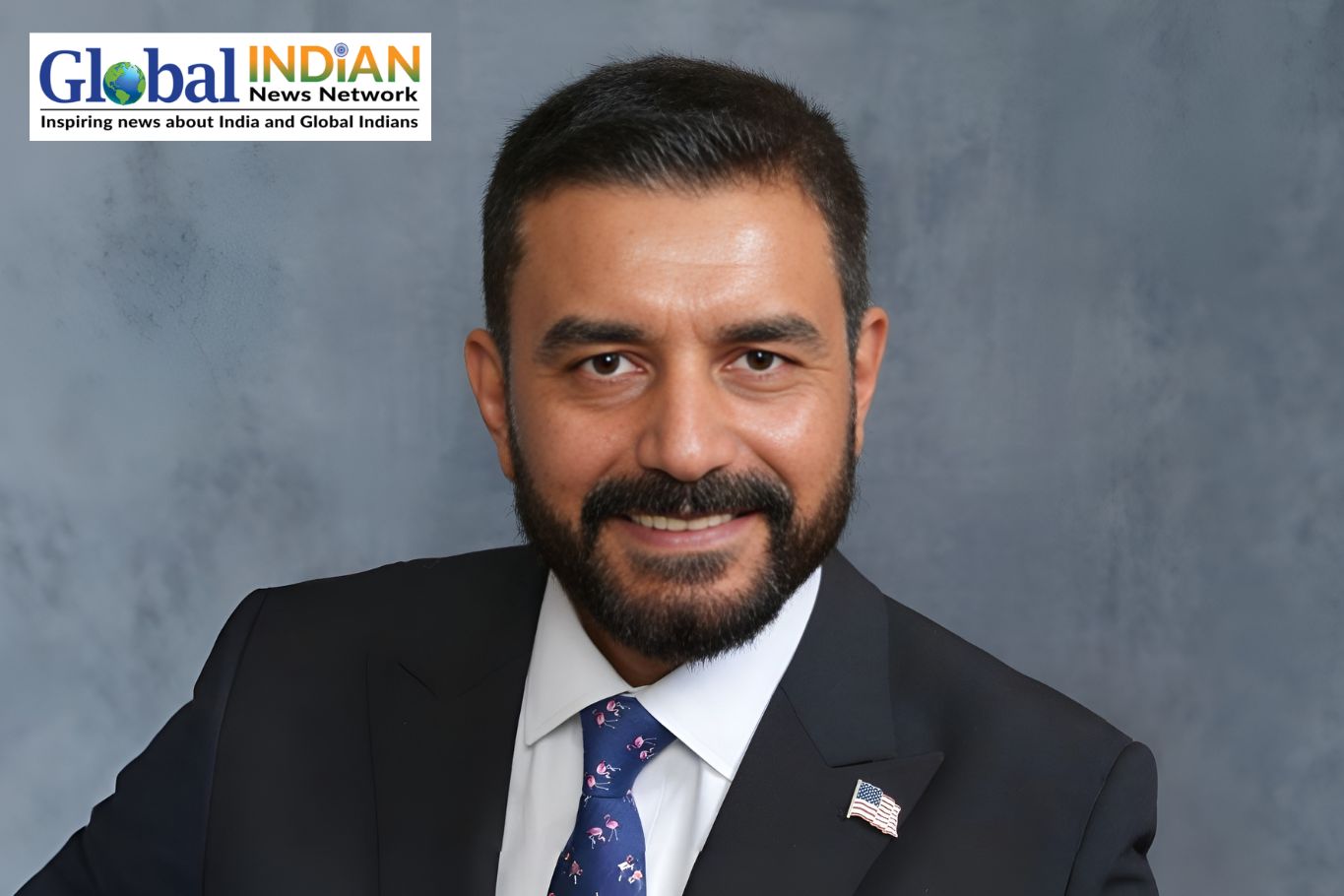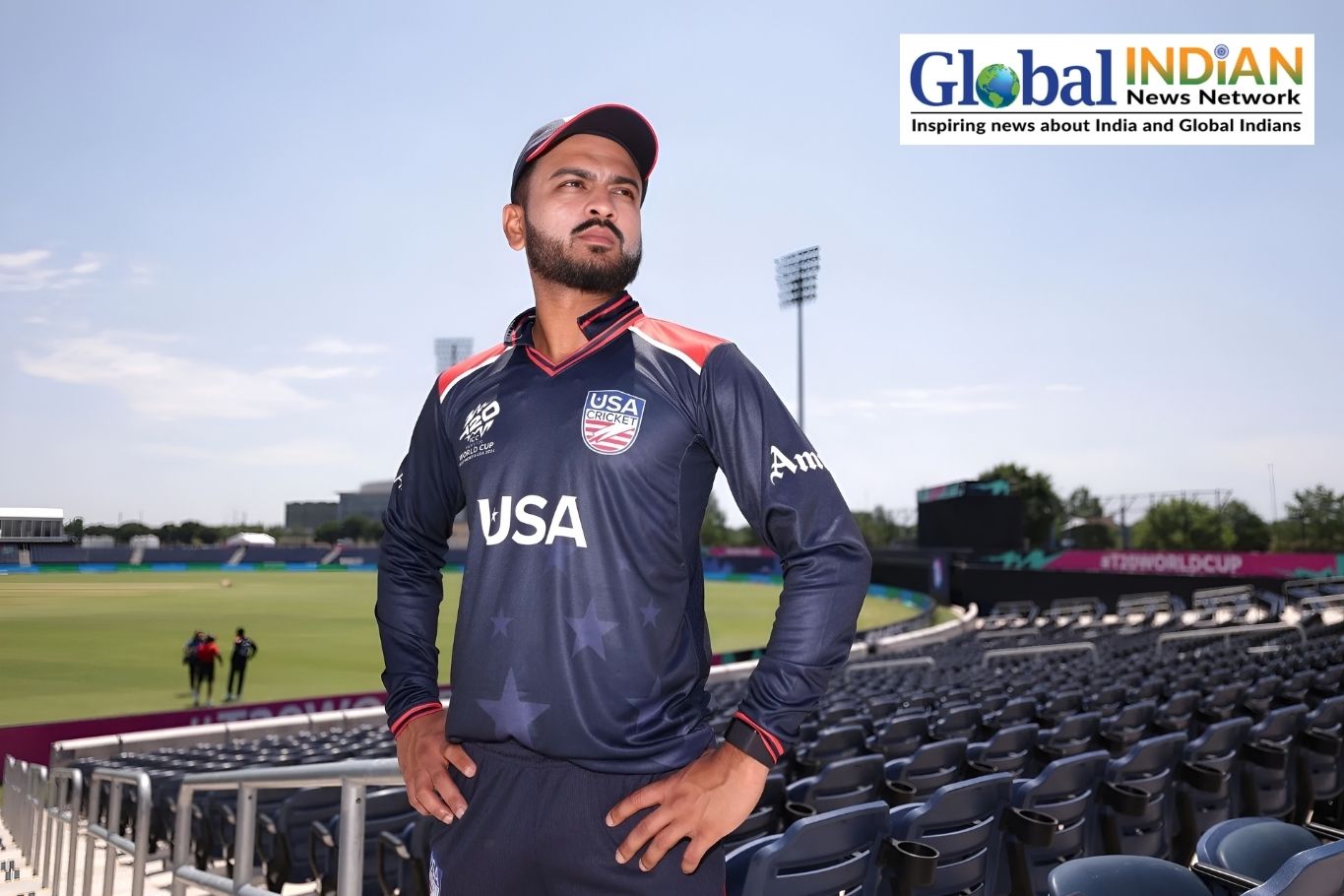
US President Donald Trump has initiated his second term with a controversial executive order, titled “Protecting the Meaning and Value of American Citizenship,” aimed at revoking birthright citizenship. This policy, enshrined in the 14th Amendment since 1868, currently ensures that any child born on US soil automatically acquires citizenship, regardless of the parents’ immigration status. The proposed change would exclude children born to non-citizen parents, significantly affecting communities reliant on temporary or immigrant visas.
Indian-Americans, one of the largest and fastest-growing immigrant groups in the US, are among those most impacted. With over 5.4 million Indian-Americans in the US, a majority of whom are first-generation immigrants, this shift in policy could leave thousands of children ineligible for citizenship annually. Families of H-1B visa holders and those waiting years for Green Cards face particular uncertainty. Similarly, Indian students, visitors, and temporary workers will experience challenges, leading many to consider more immigration-friendly nations like Canada and Australia.
Economic repercussions are another critical concern. The Indian-American community plays a vital role in sectors such as technology, healthcare, and education. Immigration experts argue that this policy could deter highly skilled professionals and international students, harming the US economy and diminishing its appeal as a global talent hub. Additionally, children denied automatic citizenship would lose the ability to sponsor their parents for immigration after turning 21, further complicating family dynamics.
The order has sparked immediate legal challenges, with opponents citing constitutional protections under the 14th Amendment. The landmark 1898 case United States v. Wong Kim Ark established that children born on American soil are citizens, irrespective of parental status. Critics, including the ACLU, warn that such a drastic shift undermines established legal precedent and could lead to widespread social and economic disruptions.
While the executive order underscores Trump’s focus on restricting immigration, its implementation faces significant hurdles. Altering constitutional provisions requires a complex amendment process, likely to stall in the courts. Nonetheless, this development raises questions about the future of US immigration policies and their implications for immigrant families and the nation’s global image.









